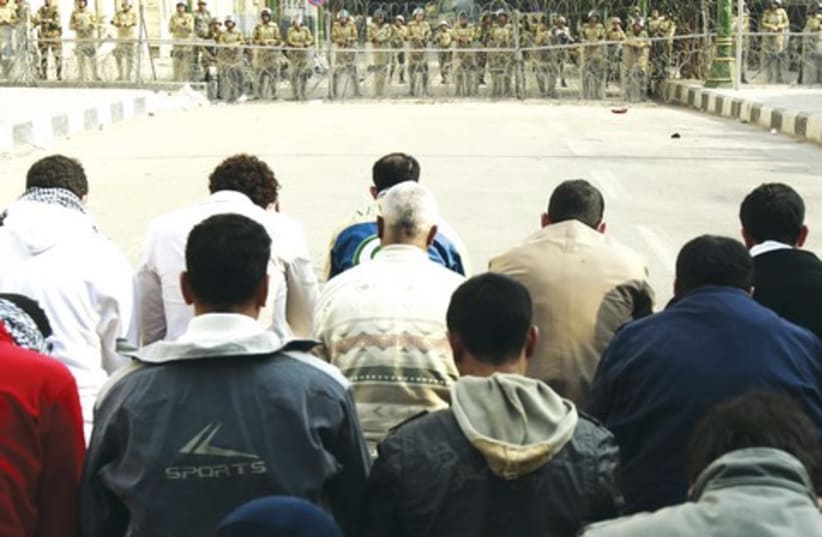The writer is a former ambassador to Egypt, and a fellow of The Jerusalem Center for Public Affairs
A year after the Arab Spring, it’s spinning out of control
Qatar is more and more assuming the role vacated by Egypt in trying to settle local and international disputes.

The writer is a former ambassador to Egypt, and a fellow of The Jerusalem Center for Public Affairs